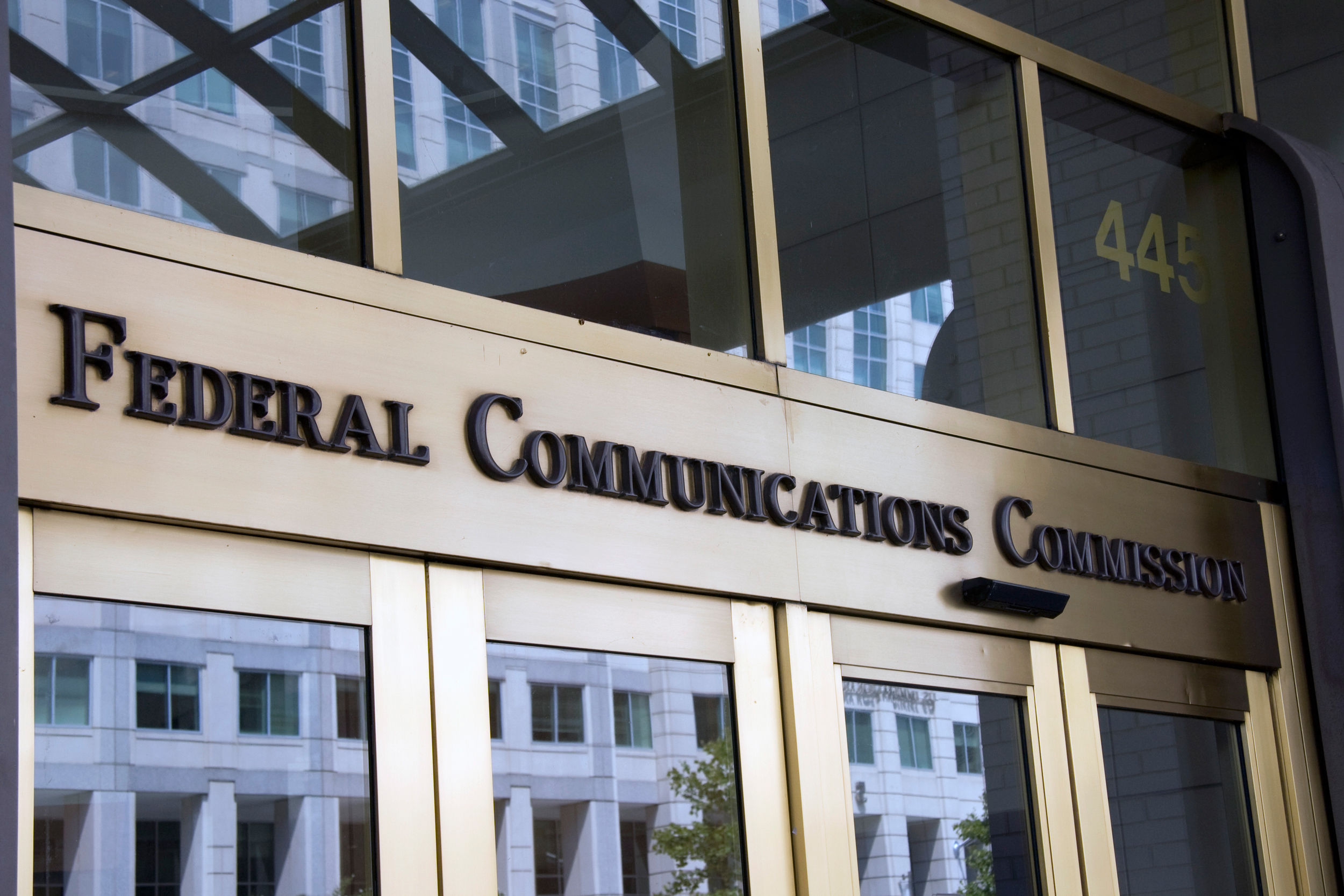FCC Denies ZTE Appeal of Suspect Tech Label
Paves way for remove and replace

The smarter way to stay on top of the multichannel video marketplace. Sign up below.
You are now subscribed
Your newsletter sign-up was successful
The FCC has denied Chinese telecom ZTE's appeal of its designation as suspect network technology that can't be subsidized with Universal Service Fund money and must eventually be replaced in existing networks.
The FCC's Public Safety and Homeland Security Bureau has denied a petition for reconsideration filed by ZTE, which along with Huawei were the first two tech suppliers designated a threat to U.S. network security and the communications supply chain by the FCC, which is coming up with a list of others.
Related: Senate Bill Would Boost Rip-and-Replace Eligibility
“With today’s order, we are taking another important step in our ongoing efforts to protect U.S. communications networks from security risks,” said FCC Chairman Ajit Pai in a statement.
Pai has teed up a vote at the December public meeting plan on rules to implement a congressional mandate—in the Secure and Trusted Networks Act—to "remove and replace untrusted equipment," though Congress has yet to allocate the $1.6 billion of the $1.8 billion the FCC has estimated it will cost, a point Pai made in his statement. Now it is more vital than ever that Congress appropriate funds so that our communications networks are protected from vendors that threaten our national security," said Pai.
Related: FCC Urged to Rip and Replace without Funds
In June, the FCC deemed technology provided by Chinese vendors Huawei and ZTE to be security threats pending an opportunity for them to appeal that decision, which they did. The agency blocked access to the Universal Service Fund to any U.S. network operator that didn’t comply with the edict to remove Huawei and ZTE tech from their networks and not to buy any more of it again.
The smarter way to stay on top of the multichannel video marketplace. Sign up below.
Related: Computers Cos. Provide Rip-and-Replace Guidance
The mandate burdened network operators with the task of replacing relatively inexpensive technology from the Chinese vendors with gear and software from pricier vendors—essentially buying the same tech twice, and paying substantially more the second time around.
In March, the Trump Administration signed into law the Secure and Trusted Communications Act, which underwrote much of the replacement costs with tax dollars.
Contributing editor John Eggerton has been an editor and/or writer on media regulation, legislation and policy for over four decades, including covering the FCC, FTC, Congress, the major media trade associations, and the federal courts. In addition to Multichannel News and Broadcasting + Cable, his work has appeared in Radio World, TV Technology, TV Fax, This Week in Consumer Electronics, Variety and the Encyclopedia Britannica.

